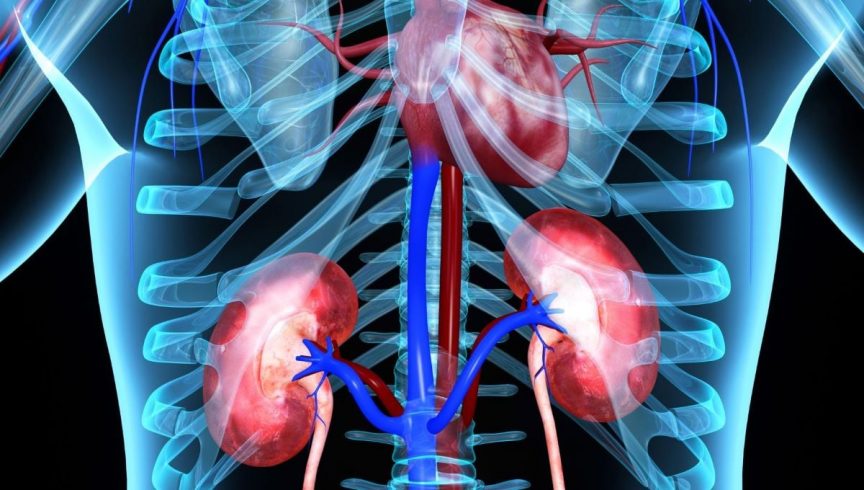Reduced risk seen for total hospitalizations for heart failure, total adverse events of heart failure or all-cause mortality
By Elana Gotkine HealthDay Reporter
MONDAY, Sept. 9, 2024 (HealthDay News) — Empagliflozin confers kidney-protective benefits for patients with acute myocardial infarction (MI) and an increased risk for heart failure, according to a study presented at the European Society of Cardiology Congress 2024, held from Aug. 30 to Sept. 2 in London.
Rahul Aggarwal, M.D., from Harvard Medical School in Boston, and colleagues conducted a multicenter trial involving patients with acute MI and an increased risk for heart failure. A total of 6,522 patients were randomly assigned to empagliflozin or placebo, stratified by baseline estimated glomerular filtration rate (eGFR).
The researchers observed a similar initial decline in eGFR at two weeks from randomization, with an adjusted mean eGFR change from baseline of −4.8 and −3.7 mL/min/1.73 m2 in the empagliflozin and placebo groups, respectively. By 24 months, eGFR was similar to baseline in the empagliflozin group, but had decreased significantly in the placebo group (adjusted mean difference in eGFR change, 4.1 mL/min/1.73 m2), with consistent patterns for baseline eGFR ≥ or <60 mL/min/1.73 m2. With empagliflozin, reductions were seen in total hospitalizations for heart failure, total adverse events of heart failure or all-cause mortality, and total adverse events of heart failure (risk ratios, 0.67, 0.79, and 0.63, respectively), which were consistent across baseline eGFR.
“Our data also showed that empagliflozin was safe to initiate soon after an acute MI, regardless of the patient’s baseline kidney function,” lead author Deepak L. Bhatt, M.D., M.P.H., from the Mount Sinai Fuster Heart Hospital, said in a statement.
Several authors disclosed ties to biopharmaceutical companies, including Boehringer Ingelheim and Eli Lilly, which manufacture empagliflozin and funded the study.
Copyright © 2024 HealthDay. All rights reserved.

